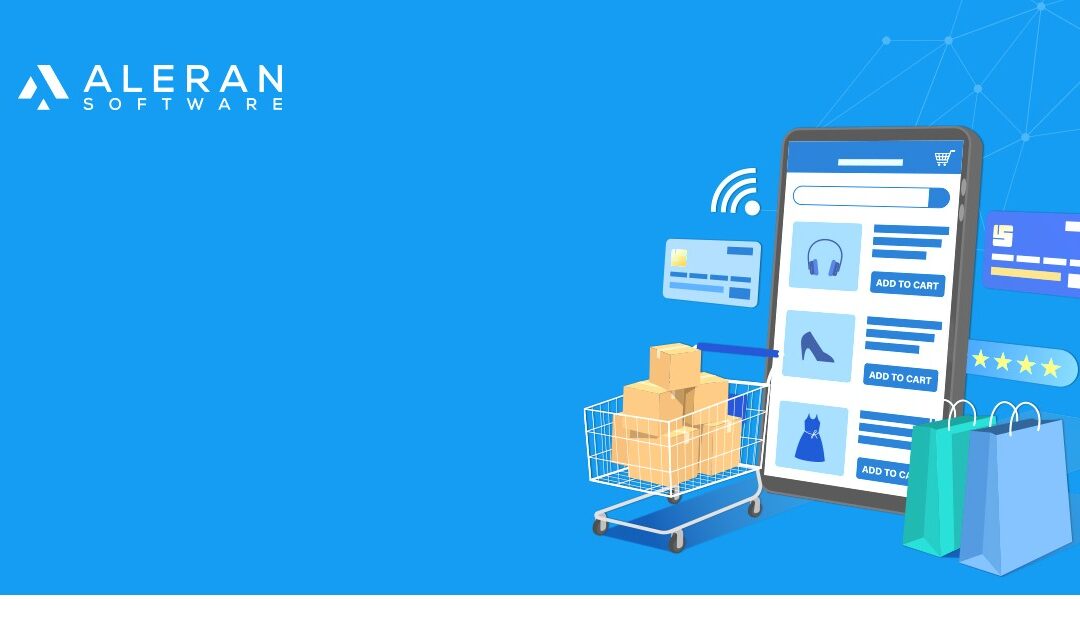



by Tarak Patel | Jan 6, 2022 | B2B eCommerce, B2C eCommerce
No, this isn’t a diet blog. You’re still welcome to eat as many cookies as you want; this article is focused on digital cookies, those data streams that get stored on your device and/or browser whenever you visit a website or use an app. The internet is awash with...
by Tarak Patel | Dec 13, 2021 | B2B eCommerce, Headless eCommerce
Last year, as people were largely confined to their homes as a result of the pandemic, e-Commerce soared to heights that were once unimaginable. According to Statista, more than 2 billion people across the world paid for something in an online setting, adding up to a...